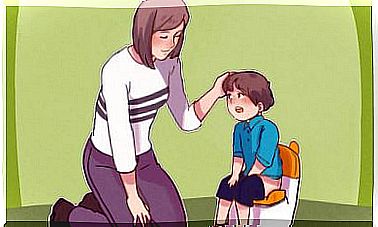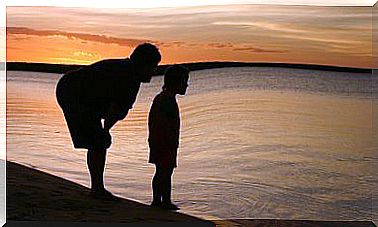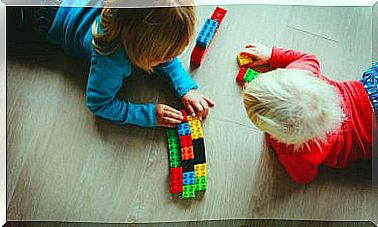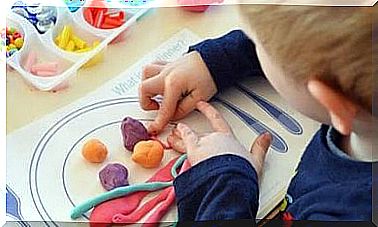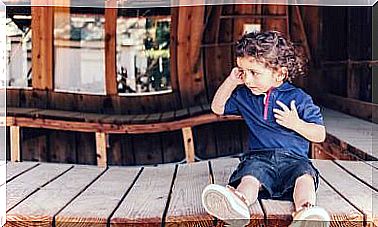3 Keys To Emotional Intelligence That I Apply With My Children When They Misbehave
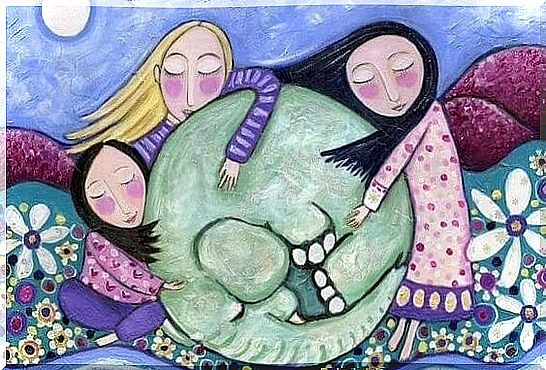
Emotional Intelligence offers us an exceptional framework to educate our little ones in better self-knowledge, better management of frustration or anger, as well as in that hinge of any successful relationship that is empathy and respect for oneself and others.
We have to admit that it is not an easy task. As curious as it may seem, many children show their own character from very early on. They are more demanding, they need greater closeness and they react more intensely to changes, and above all, to not getting what they want at all times.
It does not matter that we mark ourselves from the beginning to carry out the keys of a respectful upbringing. Giving them what they need at all times is by no means at odds with the convenience of setting limits for them and making them understand that certain behaviors cause specific consequences that are not always permissible.
Our little ones cannot, for example , hit us or react with violence when we do not buy what they ask for while we do the shopping with them in the supermarket. Nor can they treat their siblings badly or avoid those responsibilities that, always in accordance with their age, they can and should begin to assume.
That they are able to understand their personal universes, where negative emotions sometimes turn into a bitter ball, is essential so that they can mature in responsibility and self-control. It is a way of making them grow by being autonomous and at the same time having the adequate sensitivity to understand others.
It is a sometimes laborious adventure, we know, but even if it costs us, we must carry it out. For this reason, we suggest you apply these three keys on a day-to-day basis that will undoubtedly be useful to you.
Three keys to Emotional Intelligence that I apply when children misbehave

Before pointing out which are these three strategies that will help us in complicated cases in the behavior of our children, we must integrate some previous and essential ideas in our mind:
- Understand that behind the behavior (negative, violent or dysfunctional) of every child there are a series of emotions and internal realities that as mothers, fathers or educators we must know.
- You need patience and remember that for our little ones to learn to develop emotional intelligence it takes time.
- At the same time, and not least, it is clear that these keys will be useful from a certain age. From the age of 4 we can establish a more open dialogue with them where we can go much deeper into the subject of emotions.
- Until then, we can only guide, attend, intuit needs and know our children to understand the reason for certain reactions and how to prevent them.
Next, we explain what these 3 strategies are.
1. I calm down, take a breath and try to explain what I have done, why and how I feel

When a child misbehaves, breaks something on purpose, hits his brother or demonstrates defiant behavior, the last thing we will do is proceed immediately with the sanction, the reproach and much less the yelling.
- We will calmly ask the child why he has done it.
- Be demanding with the clarity of his communication, help him find the words: I have thrown Dad’s mobile on the ground because I was angry with him / I was angry with him because he did not want to buy me such a thing …
- It is necessary to handle words of emotional content as soon as possible “I was angry” “I feel angry” “I feel like crying”, “I feel sad, scared at the same time and very nervous”.
2. I put myself in the place of others
Any negative or challenging behavior has an impact on others : on mom, on dad, on other children, grandparents, teachers.
After the child has clarified why he has done it and how he feels, to learn now to understand how others may feel about what he has done.
“Yes, I understand that Dad will now be angry because I have broken his cell phone, and sad about how I have behaved.”
The ideal in this case is that we make it easier for them to understand that every act, every word and behavior has an impact on others in some way. At the same time, you must understand that in your behavior, positive behaviors will always be preferable to negative ones because with negative ones “we all lose”.
3. I learn to be responsible, when I feel the same again I know how I should react
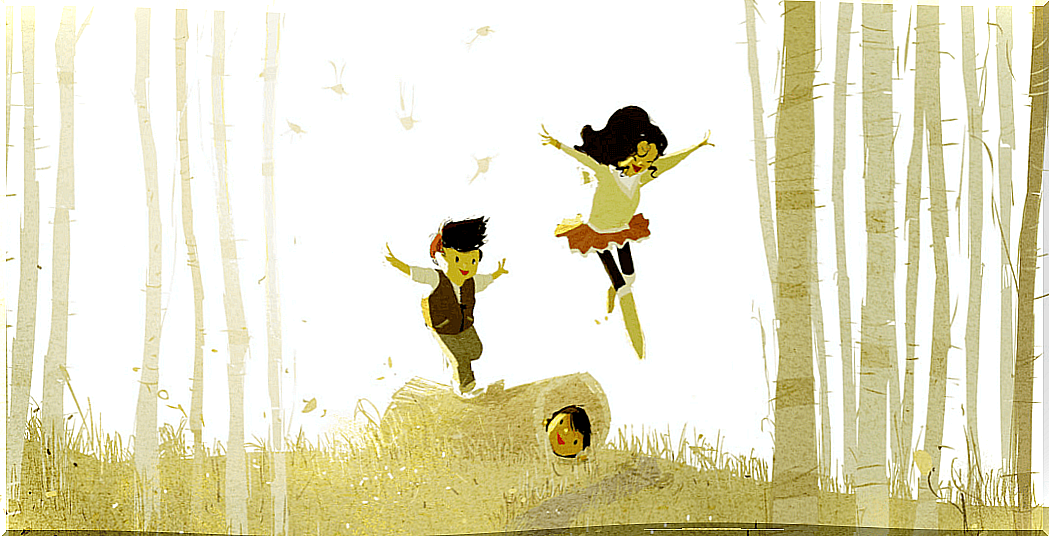
We will reach the third step as long as our child has understood the previous step and has shown authentic empathy, being aware of what certain behaviors can cause.
Now, having reached this third step is when he will need us the most and where we should help him the most.
- To do this, with the help of a blackboard, or on a sheet with striking images, we will help you create a help plan.
- “When I feel angry because mom and dad don’t want to buy me something, I can’t react by breaking things or yelling”
- I must understand that I cannot always get everything I want, although Mom and Dad will always try to give me everything I NEED.
- When I feel angry, I will talk to Mom and Dad to help me – doing fun things can help me get rid of that anger.
To conclude, these ideas are simple guidelines that may be simpler or more sophisticated depending on the age or maturity of our children. The purpose of this action plan is twofold: get them to learn to recognize their emotions and channel them, while developing empathy and responsibility in them.
